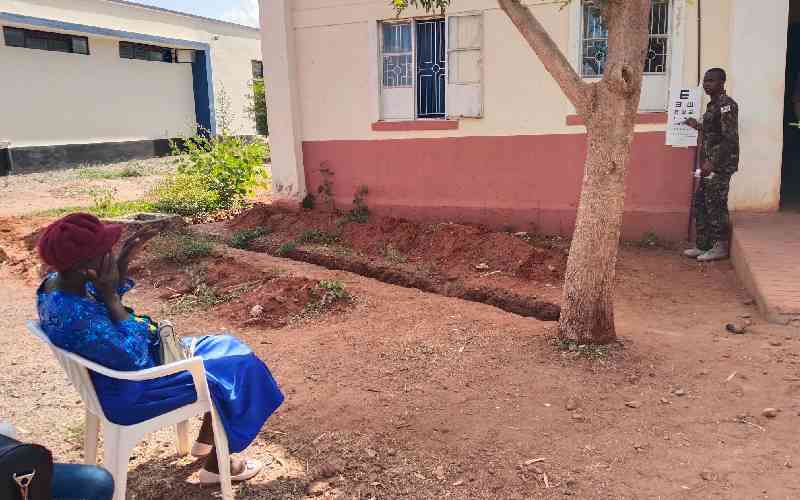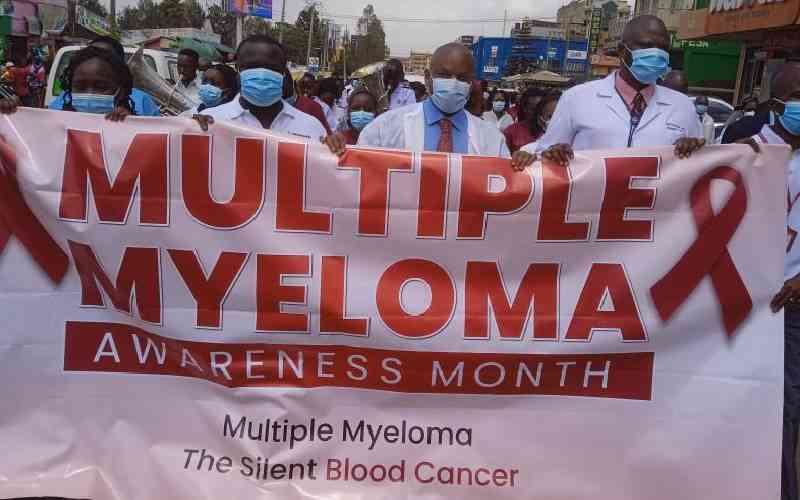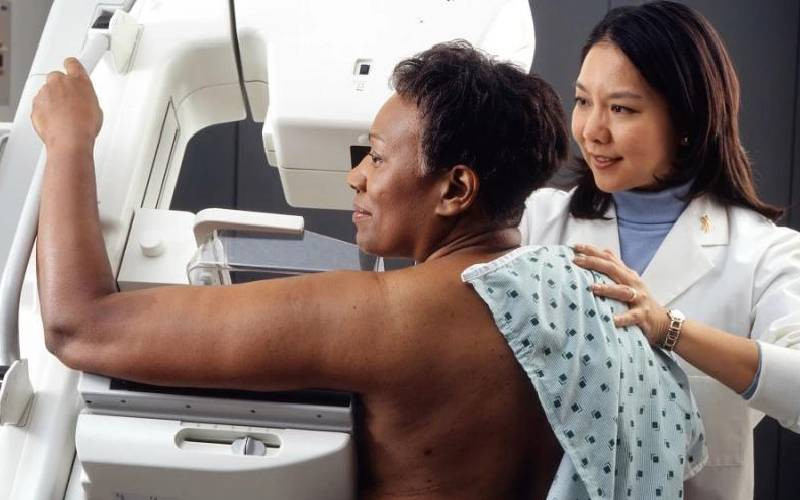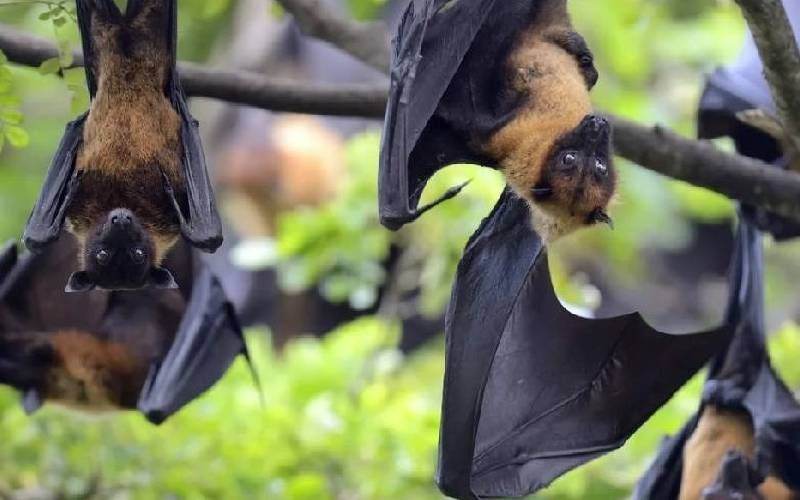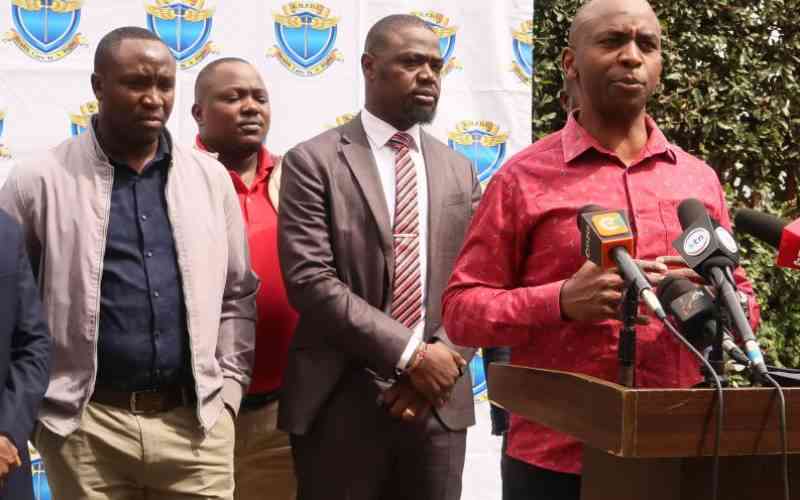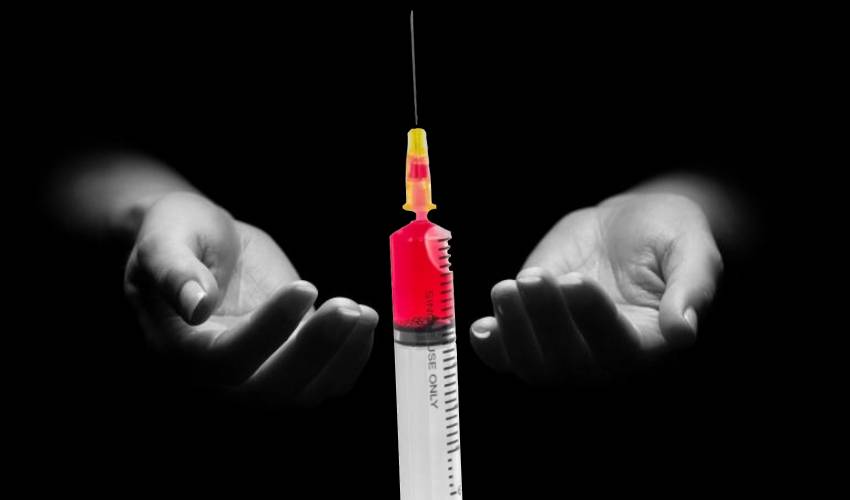
In Kenya, mercy killing is illegal under Article 26 of the Constitution. [Courtesy]
Euthanasia, or mercy killing in the face of unbearable and irreversible medical conditions, is still illegal in Kenya.
But mercy killing is not a criminal offense in some countries where some Kenyans suffering terminal illnesses are seeking assisted suicide.
 The Standard Group Plc is a multi-media organization with investments in media
platforms spanning newspaper print
operations, television, radio broadcasting, digital and online services. The
Standard Group is recognized as a
leading multi-media house in Kenya with a key influence in matters of national
and international interest.
The Standard Group Plc is a multi-media organization with investments in media
platforms spanning newspaper print
operations, television, radio broadcasting, digital and online services. The
Standard Group is recognized as a
leading multi-media house in Kenya with a key influence in matters of national
and international interest.

